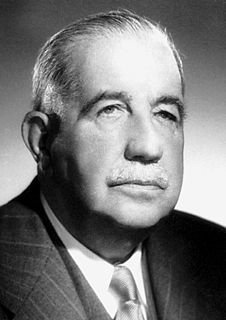A Quote by Johann Wolfgang von Goethe
The beautiful is a phenomenon which is never apparent of itself, but is reflected in a thousand different works of the creator.
Related Quotes
For Calvin, the creation reflects its Creator at every point. Image after images flashed in front of our eyes, as Calvin attempts to convey the multiplicity of ways in which the creation witnesses to its Creator: it is like a visible garment, which the invisible God dons in order to make himself known; it is like a book in which the name on the Creator is written as its author; it is like a theater, in which the glory of God is publicly displayed; it is like a mirror, in which the works and wisdom of God are reflected.
Over two thousand years ago, Aristotle taught us that money should be durable, divisible, consistent, convenient, and value in itself. It should be durable, which is why wheat isn't money; divisible which is why works of art are not money; consistent which is why real estate isn't money; convenient, which is why lead isn't money; value in itself, which is why paper shouldn't be money. Gold answers to all these criteria.
Humility is often only the putting on of a submissiveness by which men hope to bring other people to submit to them; it is a morecalculated sort of pride, which debases itself with a design of being exalted; and though this vice transform itself into a thousand several shapes, yet the disguise is never more effectual nor more capable of deceiving the world than when concealed under a form of humility.
What will be the judgment a century hence concerning the lorded works of our favorite composers today? Inasmuch as nearly everything is subject to the changes of time, and - more's the pity- the fashions of time, only that which is good and true will endure like a rock and no wanton hand will ever venture to defile it. Then, let every man do that which is right, strive with all his might towards the goal which can never be obtained, develop to the last breath the gifts with which the gracious Creator has endowed him, and never cease to learn. For life is short, art eternal.
Anything that is beautiful is beautiful just as it is. Praise forms no part of its beauty, since praise makes things neither better nor worse. This applies even more to what it commonly called beautiful: natural objects, for example, or works of art. True beauty has no need of anything beyond itself.





































